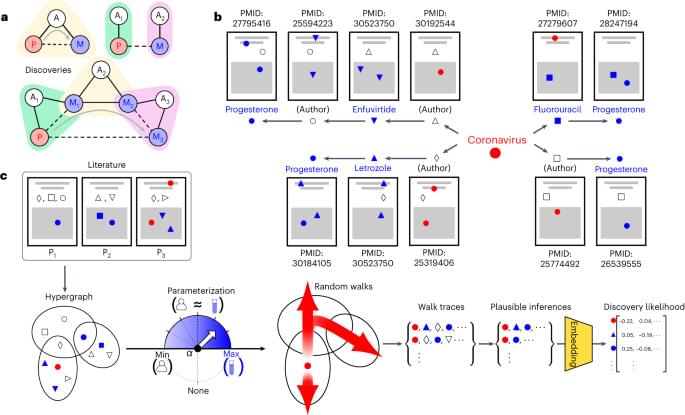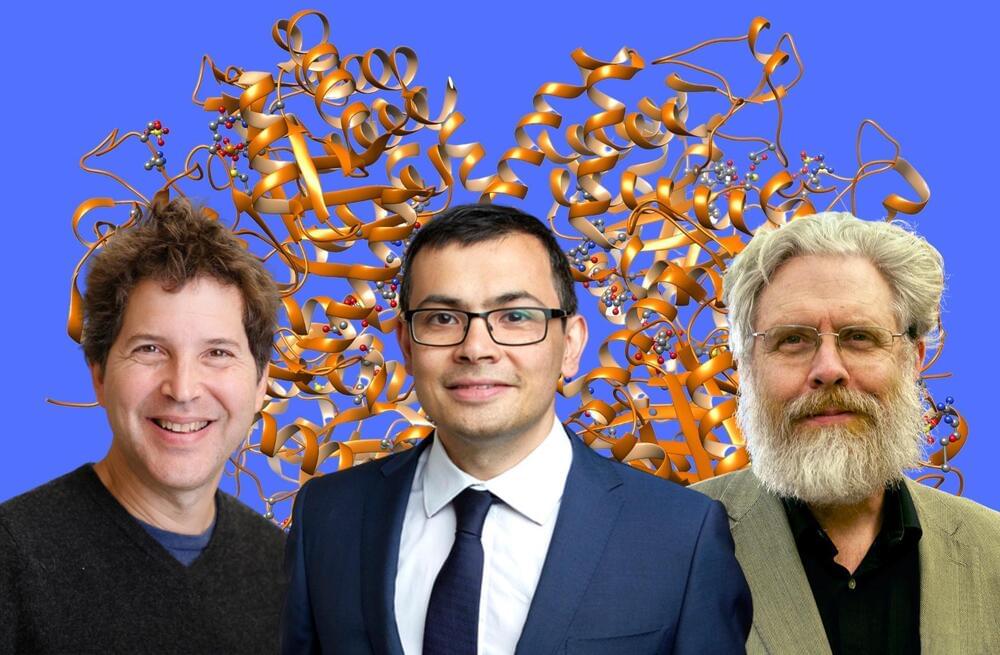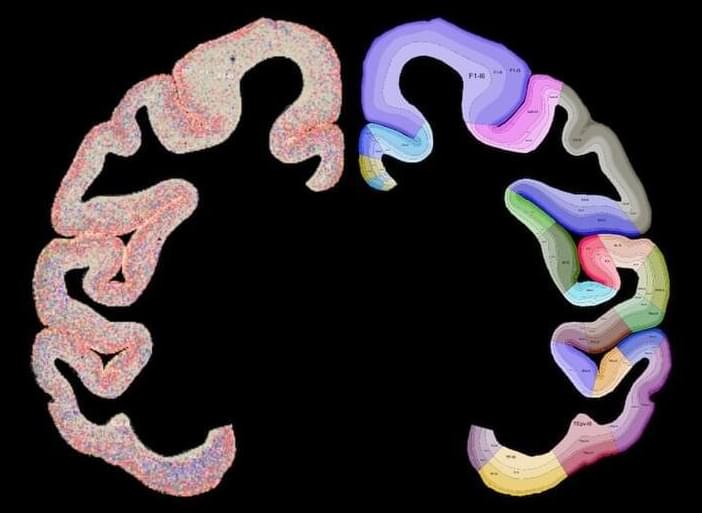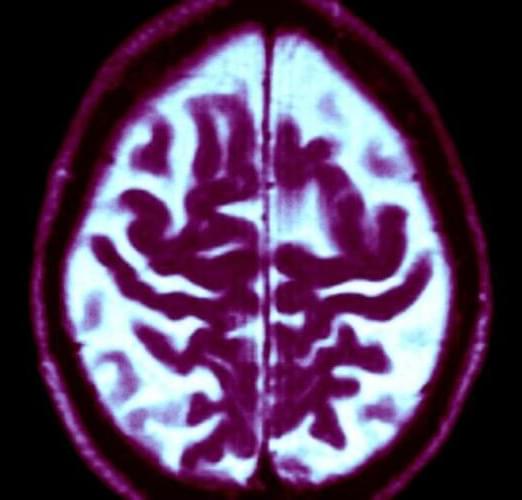
Both A4 and LEARN suffered from several methodological hiccups, to the extent that one might consider A4, at least, a failed study. In 2017, after A4 was well underway, the leaders decided to up the solanezumab dosage substantially, from 400 mg to 1,600 mg per dose, and also to extend the follow-up period from the originally planned 3.2 years to 4.5 years, so that effects of the dosage increase could be captured adequately.
Meanwhile, LEARN commenced at about the same time. That meant that less than 3 years later, both studies were hit by the COVID-19 pandemic and its associated disruptions. Many study sites shut down, and the investigators had to resort to home infusions in some places to keep the study going. Aisen and Sperling acknowledged that these issues complicated data collection, analysis, and interpretation. But there was no suggestion that these problems might have obscured a genuine beneficial effect from solanezumab.
Taken together, said Sperling, the results from A4 and LEARN indicate that “amyloid reduction may be necessary to slow progression even at the stage of preclinical [Alzheimer’s disease].”


















